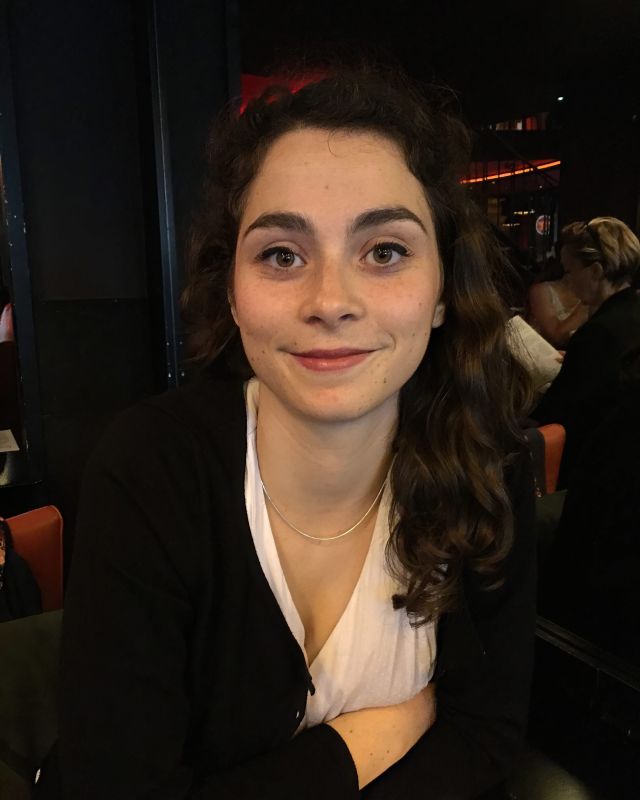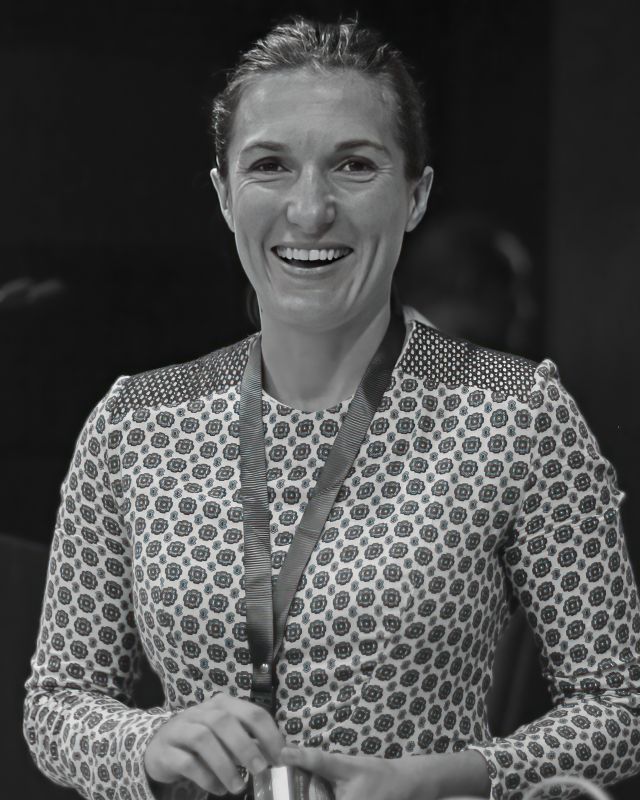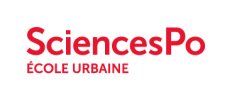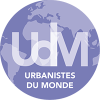Portrait
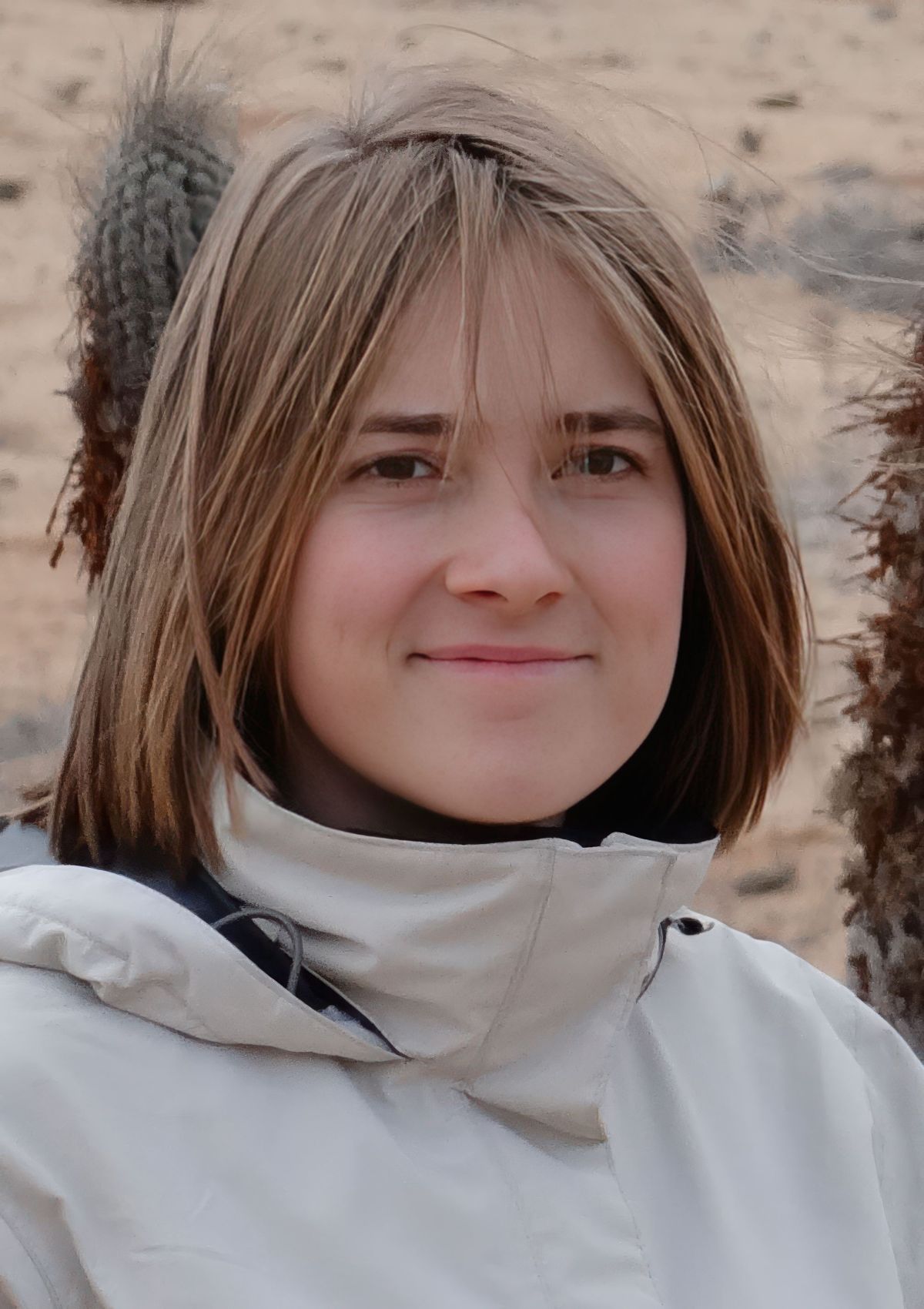
Fanny Coulombié - STU - from Agro Paris Tech to Sciences Po
Published on | Alumni Portraits
Portrait created by Lise Patron
From Agro Paris Tech to Sciences Po: A Journey Focused on Sustainable Planning and Health-Friendly Urbanism
Hello Fanny, to start with, could you give us a brief overview of your background and the reasons that led you to the STU master's programme?
I joined the AgroParisTech engineering school after two years of preparatory classes to train in environmental issues. This programme allowed me to approach spatial planning while still focusing relatively on sustainable development aspects. At the end of my second year and a gap year, I was very interested in the subject of "the city" and thus turned towards the dual degree between Agro and Sciences Po to learn more and complement my training, particularly regarding territorial governance and economic and socio-political dimensions.
How did the transition between AgroParisTech and Sciences Po unfold?
Before joining the master's programme, I was worried that I wouldn't have enough general knowledge in political science, and that this would hinder my ability to follow the course. In the end, during each class, the instructors revisited the fundamentals, there weren't many prerequisites, and the transition went smoothly.
And afterwards? How did you find your internship, where did you carry it out, and what did you do there?
As part of my engineering degree, I had already completed two internships in the field of urban planning: the first in an architecture agency, where I conducted an Environmental Approach to Urban Planning (EAUP) on an urban development project, and the second on an academic research project at a geography institute examining the impact of envisaged urbanisation of a natural space on the ecosystem services it provided to the local population (social impact and urban heat island).
At the end of the STU master's programme, I searched for an internship in urban planning/environment, this time from the project management side. During a meeting dedicated to internships organised by the Urban School, I conversed with several professionals, including one from the EPA (Public Urban Development Establishment) Plaine de France (which has since merged with Grand Paris Aménagement). The two positions for which he was seeking interns, which were more operational and not particularly focused on environmental issues, did not directly interest me, but he redirected me to his colleagues in the Strategy and Development Department, who later contacted me for an internship as a sustainable development project officer. These six months provided me with a broad understanding of the agency's missions. I was engaged at the scale of the larger territory, particularly in discussions around green and blue frameworks (local and territorial scales) and the agricultural plan of Grand Roissy. Surrounding Roissy Charles de Gaulle Airport, the lands (still largely agricultural) are subjected to significant land pressure, presenting political and governance challenges to maintain functional agricultural activity. I thus worked on establishing a charter that was signed by various local stakeholders (elected officials, institutions, associations, etc.), and I found it very interesting to observe the often political power dynamics among them. I also supported local authorities in developing sustainable urban planning projects on various topics (energy, waste, mobility...) and collaborated with them on project applications (TEPCV, sustainable city). Finally, I participated in steering an experimental project for ecological restoration and urban market gardening around an urban wasteland in partnership with the Nature 2050 project from the Caisse des Dépôts et des Consignations (CDC).
And after the Grand Oral, what did you do?
After my internship, I wished to continue working in the field of territorial strategies. I sent applications, responded to job offers, and expanded my network by conducting interviews with professionals from various sectors, which helped me refine my project and, above all, deepen my knowledge of the sector's stakeholders. Eventually, it was a STU teacher, met during the Sustainable Economy workshop, who directed me to several well-regarded consulting firms in the sector. Vizea was offering a position for more experienced individuals, but I took a chance and was hired to develop a new "Sustainable Territory" division (in addition to the existing sustainable development and sustainable construction divisions). This opportunity allowed me to engage in a variety of tasks: developing a strategy for the new division (foresight, defining supply and demand, positioning the company) as well as responding to calls for tenders and working on the studies won and in contact with clients, local authorities, and institutions (such as ADEME). All this on very varied topics: Agenda 21, PCAET, cycling plans, environmental health, energy master planning, etc. This truly gave me the opportunity to explore different facets of sustainable development at the territorial level through diverse and non-repetitive tasks.
And today?
When I moved to Auvergne-Rhône-Alpes, I reactivated my network, which had been very focused on Île-de-France, giving me contacts to meet several professionals in the region. They themselves provided me with additional contacts, and above all, gave me a clearer perspective on the sector (structures hiring more or less, emerging issues in the region, etc.). Meanwhile, I responded to a few offers from organisations that interested me, including one for the exchange and resource centre for Sustainable City and Planning (VAD), which did not fully align with what I was looking for as it was more focused on construction and health/environment. I specified in my cover letter that I was also very interested in the aspects of planning and sustainable territory, which was also reflected in my CV. It turns out the structure was interested in someone competent in that area but hadn’t mentioned it in the offer. My network also helped since a member of VAD discussed my application (without me being aware) with someone from my network, who recommended me. That’s where I currently work. My role involves animating the network of professionals in the region and supporting them to promote construction and planning practices that align with sustainable development. We collaborate with numerous stakeholders: elected officials and services from local authorities (region, cities, intermunicipalities), developers, consulting firms, promoters, architects, and urban planners. Personally, I facilitate three discussion groups: "Health and Buildings," "Health and Planning," and "Foresight Platform Living Today and Tomorrow in Auvergne-Rhône-Alpes." I also participate in organising workshops ("How to consider the health issues of future occupants during construction?," "How to improve indoor air quality in nurseries and schools?," "How to enhance user involvement in the Fabrication of the City?"), in visits to exemplary operations, and in the production of deliverables or tools, such as a serious game to rethink the professions and processes of the planning chain in a sustainable development perspective, etc.
Health seems to be at the core of your current job. How does it relate to the urban environment?
It involves considering health as defined by the World Health Organization (WHO), namely a state of complete well-being of the individual (physical, social, mental). This well-being can be influenced by many factors, many of which are directly related to construction and planning. Although Health-Promoting Urbanism (UFS) and Health Impact Assessments (EIS) have been developing recently, these are still very innovative topics that are rarely addressed by planning stakeholders, yet they have significant consequences in daily life (related to mobility, pollution, the presence of green spaces, social connections, as well as acoustic comfort and issues generated by urban heat islands). These axes are also present in housing, as they involve questioning the choice of materials, furniture, means of air circulation and ventilation, acoustic and hygrothermal comfort (summer comfort/winter comfort), and indoor air quality. Health provides an angle of approach that allows for addressing nearly all the issues of sustainable development, if not all, in a transverse manner, and is generally quite consensual.
How do you envision your future career?
My current job is extremely varied and focused on current events. Indeed, I work in collaboration with many stakeholders and on multiple topics. I am in a position of monitoring innovations, but also producing content for the network. There is much to be done as numerous topics are not yet addressed by urban actors: it is about exploring them so that civil society can seize them. For now, I intend to continue my work within this structure.
What has the STU master's programme brought you?
The STU programme helped me explore numerous topics, particularly those related to urban governance. I believe that the strength of the teachings lies in the free choice of project topics, allowing for a deep dive into themes that matter to us. This master’s programme and the collective project also teach us work methods that are valued in the job market.
Finally, do you have any advice for current students?
I would tell them not to hesitate to reach out to professionals throughout their journey, not to ask for a job or an internship, but to learn about what they do, and to start creating contacts. For me, these encounters helped me find direction and opened decisive opportunities in my career.
Moreover, I would tell them not to be afraid of lacking experience or skills upon leaving the master's programme; we learn by doing, and we do not arrive alone at a new job but are surrounded by a team.
So I would advise them not to limit themselves to their comfort zone of what they know and can do, and to immediately seek out the missions and fields that attract them the most!
Léa Loubier - STU, 2015 - A path focused on housing policies and access to housing
Published on 08 January 2019
To begin with, could you give us a brief overview of your background and the reasons that led you to the STU master’s program? After completing my A-levels, I…
Suzanne Chatelier - GLM 2013 - A journey focused on International Affairs and Sustainable Urbanism
Published on 07 November 2018
To begin with, could you give us a brief overview of your background before the GLM and explain the reasons that led you to this master’s programme? After…
 English
English  Français
Français 